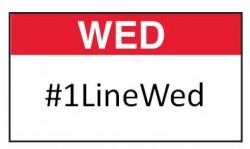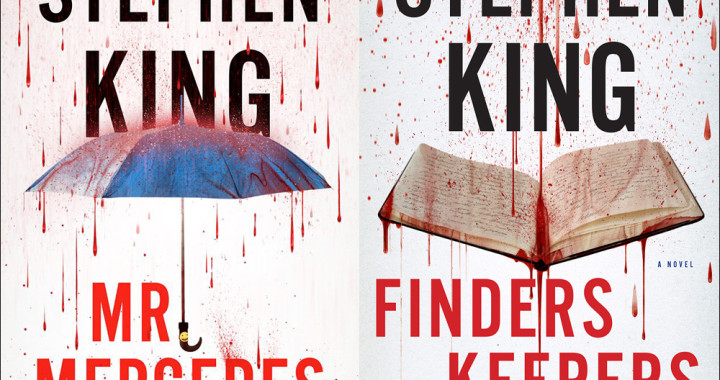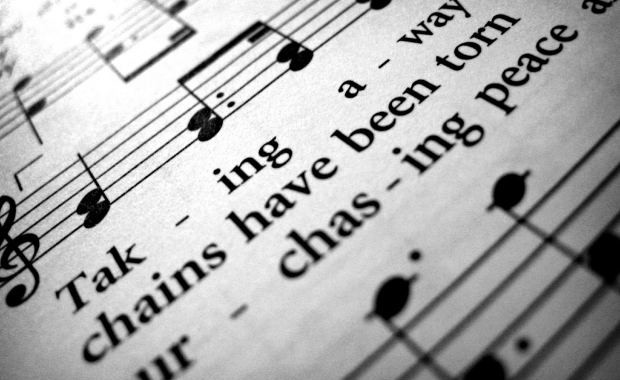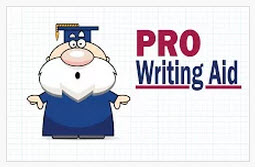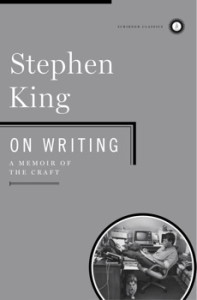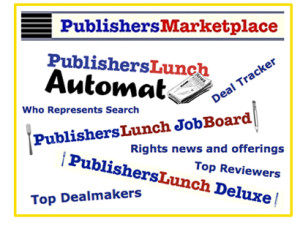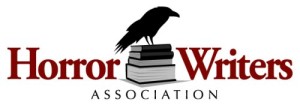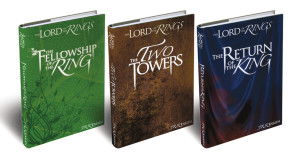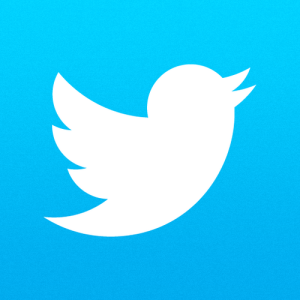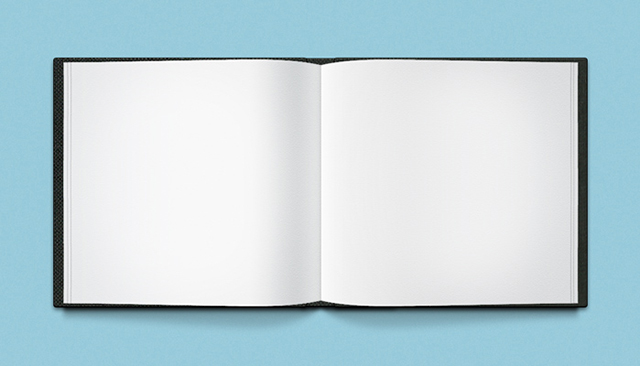Though I am not yet a father, I’ve come to realize the knowledge that I will be a father changes everything. The changes have been subtle; soon, I gather, they won’t be. Little things have shifted. Certain colors seem more vibrant. Foods taste a little different. My mind shifts to new subjects. And, as the basis for this blog post, specific songs have developed new meanings.
The below list contains songs that, for whatever reasons, have resonated with me over the last several months. A warning: This list may be different than you expect. Not every song is “happy-go-lucky.” Rather, these are the songs I hope to discuss with my son in his 20s; perhaps by then I will have a better grasp of why these songs have stood out. But, for now, here is my feeble attempt at explanations.
“Atlas” by Coheed and Cambria
Relevant Lyrics
So sleep tight, little Atlas cause when your daddy goes off just you know
That you’re the weight of his anchor, the love that is guiding him home
First, a confession: This song is the reason I made this list. I discovered it shortly after my wife told me she was pregnant and I’ve listened to it many times since. It is also the most “on the nose” song listed, but that’s okay. Sometimes a punch to the face is needed more than a tickle.
Claudio Sanchez, lead singer of Coheed and Cambria, wrote this for his son, Atlas; the love shines through. I’ve always dreamed of writing a song for my wife or child. Unfortunately, my dog leaves the room whenever I sing, so I’ll have to stick to blog posts.
The lyrics are amazing and relevant. The first verse is about a carefree couple who discovers they’re pregnant and slowly realize what that entails.
And out of that we found ourselves back at the start of it all
So scarred and incomplete
The second verse is Claudio discussing his fears about being a busy father and the doubt that stings his mind.
And if there’s one good thing that comes from my away
It’s that you won’t be anything like me
In the last verse, Claudio realizes he’s got to “man up” and do whatever is necessary to succeed.
Now give us the man that you’ve been hiding
Cause this is your life now
I’ve experienced this exact cycle. The excitement, the fear, the doubt, the acceptance, the readiness. No matter how many times I listen to this song, it’ll still bring the occasional tear.
“All You Need Is Love” by The Beatles
Relevant Lyrics
There’s nothing you can know that isn’t known
Nothing you can see that isn’t shown
No where you can be that isn’t where you’re meant to be
It’s easy
No playlist of mine would be complete without a Beatles song, and this was a simple choice. My son will learn life can be complicated. Sometimes, it’s easier to let the highs and lows sweep you away than to remain centered, focusing instead on what’s important, on what’s in front of you. It especially concerns me there is so much stimuli in modern times. There’s too much color, too much noise.
I hope to teach my son to detach, hold the one he loves, and just exist. To slow down and remember that he’s exactly where’s he supposed to be. That love is all he’ll need to make it through.
“Lovesong” by The Cure
Relevant Lyrics
Whenever I’m alone with you
You make me feel like I am young again
Whenever I’m alone with you
You make me feel like I am fun again
“Lovesong” has been one of my favorite songs since high school, although I didn’t understand it as an angsty teenager. I think I get it more now, although maybe I don’t. Anyway, the fact it’s a chameleon is the reason I appreciate it. The beautiful, almost spiritual lyrics combined with a dark, sad melody creates a stark contract I will forever enjoy.
This is, in part, an extension of the last song—though life can be needlessly complicated, love is more complicated than movies and music portray. My son needs to know love can be hard, love takes work. Love can hurt more than anything else. But these realities make love more beautiful, not less.
“Phantom Limb” by The Shins
Relevant Lyrics
This is that foreign land,
With the sprayed on tans,
And it all feels fine,
Be it silk or slime
What does a song about a high school lesbian couple in a repressive, small town have to do with the birth of my son? Well, everything really. I don’t know what kind of person my son will be in high school. Maybe he’ll be a jock like his dad. Maybe he’ll type away at a keyboard like his dad should have been. Perhaps he’ll strum a guitar or move chess pieces. No option is any less valid than the others as long as he’s true to himself. My son should know that life’s too short to concern himself with the stares of others.
“The Suburbs” by Arcade Fire
Relevant Lyrics
So can you understand?
Why I want a daughter while I’m still young
I wanna hold her hand
And show her some beauty
Before this damage is done
But if it’s too much to ask, it’s too much to ask
Then send me a son.
The above lyrics will always send chills down my spine. “The Suburbs” is a song about getting lost in the ugliness of the past. I know bad things will happen to my son in life, and I will not teach him to hide from life’s darkness as much of life’s beauty can only be found in the dark. I will, however, make sure he knows the importance of movin’ past the feeling, so he won’t miss the present by living in the past.
“Buried In Detroit” by Mike Posner
Relevant Lyrics
I used to live in New York City
But baby, that ain’t no substitute
Not for my hometown
That place people avoid
I’ve made love in every city
But I’ll be buried in Detroit
This song is here for the inverse reason of “The Suburbs.” “Buried in Detroit” is about a man who travels the world, lives his dreams, loves every moment of his life, but refuses to forget his roots—this is exactly what I hope for my son. While living in the moment is important, I pray I do a good enough job as a father to instill in my son the importance of appreciating where he came from.
“Time” by Pink Floyd
Relevant Lyrics
You are young and life is long and there is time to kill today
And then one day you find ten years have got behind you
No one told you when to run, you missed the starting gun
I always knew I wanted to write a novel, yet I waited over three decades to do so. I didn’t wait for lacking of wanting; my desire to write never left. I figured I had plenty of time. It took a serious car accident for me to understand the fragility of life and value of time, our most precious commodity.
I will tell my son this story often. I’m sure he’ll get sick of it, but he won’t forget the message. No one lives forever, and our youth is gone in the blink of an eye. Practicality is critical, but my son should never cast his dreams to the wayside.
“I Will Follow You into the Dark” by Death Cab for Cutie
Relevant Lyrics
If Heaven and Hell decide that they both are satisfied
Illuminate the no’s on their vacancy signs
If there’s no one beside you when your soul embarks
Then I’ll follow you into the dark
My wife and I have very different opinions about this song; she thinks it’s depressing, and I think it’s uplifting. There’s something so simplistically beautiful about loving someone so much you’d be willing to follow them into whatever awaits, whether it be heaven, hell, or just darkness. And I hope my son realizes that one of the worst things you can do in life is settle. The person he ends up with should make him feel the way I feel about his mother: When it all turns to ash and the light turns off, he should want to follow his love into the dark.
Blog
Twitter
Facebook

